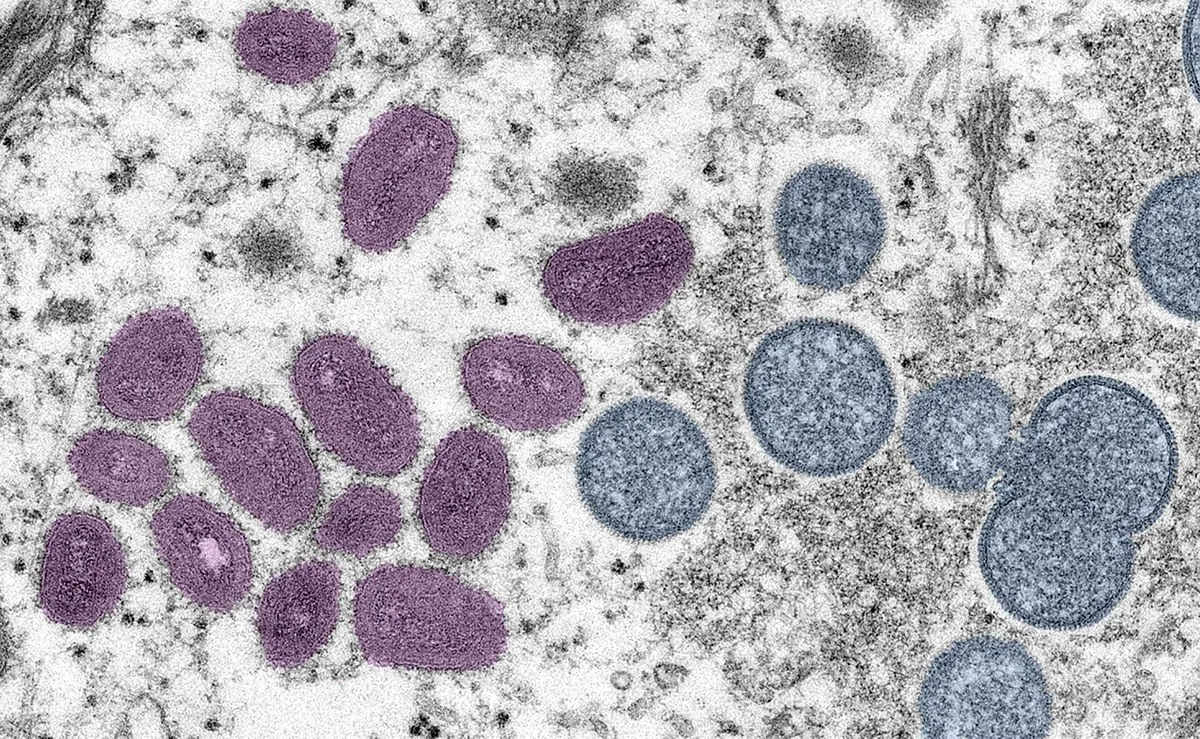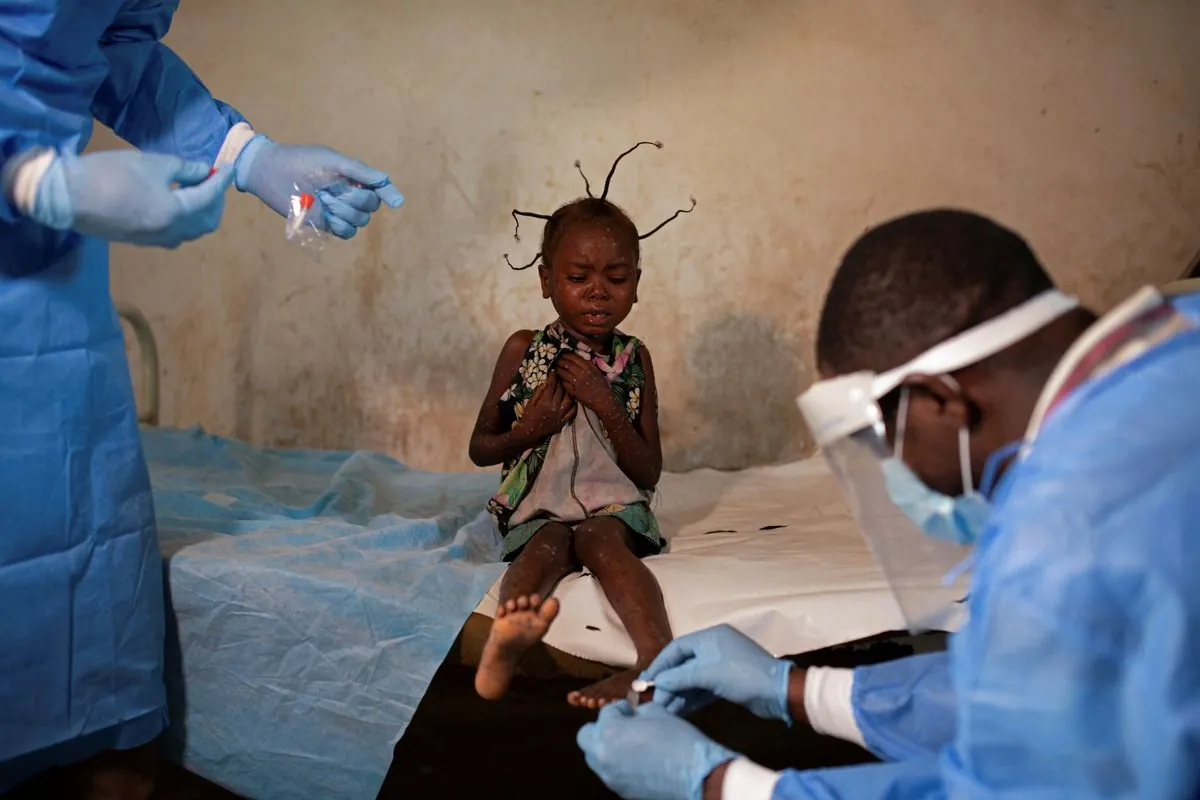WHO Considers Global Emergency Declaration for African Mpox Spread
WHO may declare mpox in Africa a global emergency due to rising cases. Congo reports 96% of cases, with children most affected. New deadlier variant emerges as WHO calls for urgent action.

Tedros Adhanom Ghebreyesus, Director-General of the World Health Organization (WHO), announced on Wednesday that an expert group will be convened to assess whether the increasing spread of mpox in Africa warrants a global emergency declaration. This decision comes in response to the virus's expansion beyond its primary hotspot, the Democratic Republic of Congo.
The Africa Centers for Disease Control and Prevention reported a significant increase in mpox cases across the continent. Compared to the same period last year, cases have risen by 160%, with a 19% increase in fatalities. Congo accounts for over 96% of all cases and deaths, with children under 15 representing nearly 70% of cases and 85% of deaths.

Mpox, formerly known as monkeypox, has now been detected in 10 African countries this year. Burundi and Rwanda reported their first cases last week, while Kenya and the Central African Republic also identified new infections. In response to this escalating situation, the WHO has allocated $1 million from its emergency fund to support the mpox response efforts.
"We do not want the world to sit and watch and wait. The time (to act) is now."
Scientists have reported the emergence of a new, more lethal form of mpox in a Congolese mining town. This variant can potentially kill up to 10% of those infected and may spread more easily among humans. Mpox transmission occurs through close contact, including sexual activity.
In 2022, the WHO declared mpox a global emergency after it spread to over 70 countries, primarily affecting gay and bisexual men. Prior to this outbreak, the disease was mainly observed in sporadic epidemics in central and West Africa, typically resulting from human contact with infected animals.
While Western countries largely contained the spread of mpox through vaccines and treatments, these resources have been scarcely available in Africa. This disparity highlights the urgent need for a more equitable distribution of medical resources globally.
The current situation in Africa presents numerous concerning issues, prompting calls for immediate action. As the WHO considers declaring another global emergency, the international community must remain vigilant and prepared to respond swiftly to prevent further spread of this evolving threat.


































